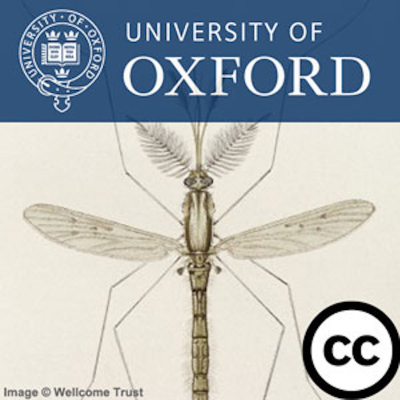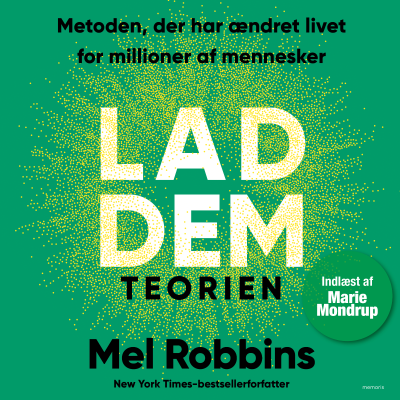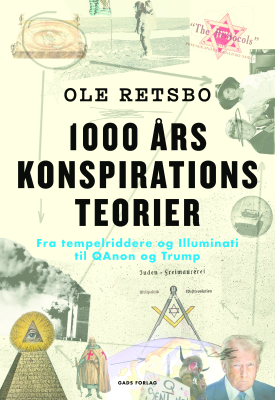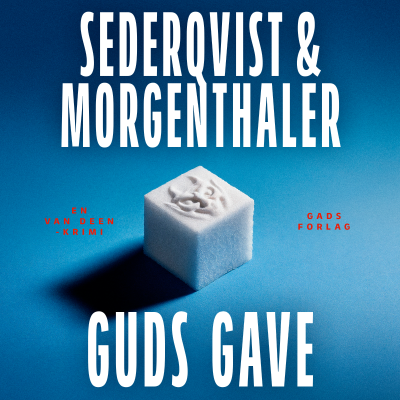
History of Tropical Medicine at Oxford
engelsk
Videnskab & teknologi
Begrænset tilbud
2 måneder kun 19 kr.
Derefter 99 kr. / månedOpsig når som helst.
- 20 lydbogstimer pr. måned
- Podcasts kun på Podimo
- Gratis podcasts
Læs mere History of Tropical Medicine at Oxford
Every year more than 10 million children under the age of five die in developing countries, nearly a million from malaria alone. Every day more than 2500 people die of malaria, most of them children. These are the statistics that help drive the tenacious work of Oxford researchers in tropical medicine. The genesis of Oxford’s involvement goes back to a conversation over a bottle of whiskey, between David Weatherall and Peter Williams, the then Director of the Wellcome Trust, in New York in 1977. This led to David Warrell establishing the Mahidol-Oxford Tropical Medicine Research Unit in Bangkok and Weatherall, in the words of Peter Williams, became the “Fairy God Mother” of the Oxford researchers who went to work in the tropics. Today Oxford medicine has a presence in India, China, South East Asia, Africa and South America. It is one Oxford University’s major contemporary achievements and it has given the university a global presence.
Alle episoder
5 episoderDr. Brian Angus on Tropical Medicine
Writer and medical historian Conrad Keating talks to Dr. Brian Angus, Director of the Wellcome Trust UK Centre for Clinical Tropical Medicine in Oxford, about his interest in science and how this inspired him to work with infectious diseases in Africa. Dr Brian Angus originally worked with Professor Nick White in Thailand and joined the Nuffield Department of Clinical Medicine in 1993. In this wide-ranging discussion with the writer and medical historian Conrad Keating, Brian talks about his work with medical students, how he contracted Dengue fever in Thailand, and why scientific research on tropical diseases in developing countries benefits the people of Britain.
Sarah Rowland-Jones on HIV/AIDS
Conrad Keating interviews Sarah Rowland-Jones, Professor of Immunology and Consultant Physician. The theme of her work is anti-viral immunity with a particular focus on how immune responses modify the outcome of HIV and other viral infections. Professor Rowland-Jones worked in Africa for more than a decade and was Director of MRC Unit in The Gambia. During the interview Professor Rowland-Jones talks about her work on HIV infection in Britain and in Africa, on why there are so few women in senior positions in Oxford clinical medicine and why she and her colleagues find working in the tropics such a fascinating experience. Keating begins his interview by asking Sarah Rowland-Jones what motivated her to make a career in tropical medicine...
Medicine without Frontiers: An Oxford physician-scientist working in Kenya.
On one of Kevin Marsh's regular visits to Oxford, the historian Conrad Keating caught up with the world-renowned malariologist and asked him what initially drew him to tropical medicine... Africa is the world's most malarious continent, and the east coast of Kenya has been particularly debilitated by the disease. In 1987 Kevin Marsh visited the area and recognised that the region offered great possibilities for an integrated programme of research on malaria that linked basic scientific, clinical and epidemiological approaches. In collaboration with the Kenya Medical Research Institute (KEMRI) and Oxford University, and supported by the Wellcome Trust, a small, dedicated team began work in 1989. From modest beginnings in Kilifi, the Wellcome Research Programme has grown under Kevin Marsh's direction to become the most prestigious research programme in Africa. Its state-of-the-art laboratory houses 800 staff who produce over 100 peer review papers a year, working on major causes of ill health in Kenya and other countries in east Africa.
Forging a New Frontier in Oxford Medicine
The historian Conrad Keating continues his history of Oxford's groundbreaking contribution to health in the tropics by asking David Warrell what motivated him to work in Africa... The modern history of Oxford's medical contribution to the great neglected diseases of mankind begins with David Warrell's appointment as Director of the Mahidol-Oxford-Wellcome Unit in Bangkok, Thailand in May, 1979. Tropical research had fascinated Warrell since his time working in Nigeria and Addis Ababa in 1968. Together with his wife Mary, a medical virologist, he was chosen by David Weatherall, the Nuffield Professor of Medicine, to be Oxford's first practitioner of "medicine in the tropics" and he set himself the task of researching the patho-physiology of diseases. Jettisoning a safe, if uninspiring career as a consultant physician at the Radcliffe Infirmary, and supported by a Wellcome grant, he began research on cerebral malaria and the intradermal application of rabies vaccines. Although David Weatherall was unsure as to the Unit's longevity, his initial scepticism was soon dispelled: "David Warrell did an extremely fine job in setting up the unit and I was extremely proud of them all when I saw one of the first papers, the New England Journal of Medicine piece on the positive harm that can be done by treating cerebral malaria with steroids and the advice for its better management; what a wonderful start!" As well as becoming a world authority on snake bites, David Warrell laid the foundations for scientific excellence that Nick White and Nick Day have built upon so successfully in recent years. It was undoubtedly the enormous success of the Bangkok unit that has given rise to the other outstanding units based in Oxford, Vietnam, Laos and Kenya.
Sir David Weatherall on Malaria
Conrad Keating, the medical historian, opens his series with an interview with Sir David Weatherall to mark World Malaria Day on April 25th 2010. Sir David was appointed Nuffield Professor of Clinical Medicine in 1974, and in 1989 he founded the Institute of Molecular Medicine (in 2000 it was renamed The Weatherall Institute of Molecular Medicine). Sir David tells the story of the evolution of tropical medicine in Oxford from its inception in the late 1970s to its unrivaled standing in the developing world today.
Vælg dit abonnement
Begrænset tilbud
Premium
20 timers lydbøger
Podcasts kun på Podimo
Gratis podcasts
Opsig når som helst
2 måneder kun 19 kr.
Derefter 99 kr. / måned
Premium Plus
100 timers lydbøger
Podcasts kun på Podimo
Gratis podcasts
Opsig når som helst
Prøv gratis i 7 dage
Derefter 129 kr. / måned
2 måneder kun 19 kr. Derefter 99 kr. / måned. Opsig når som helst.

































